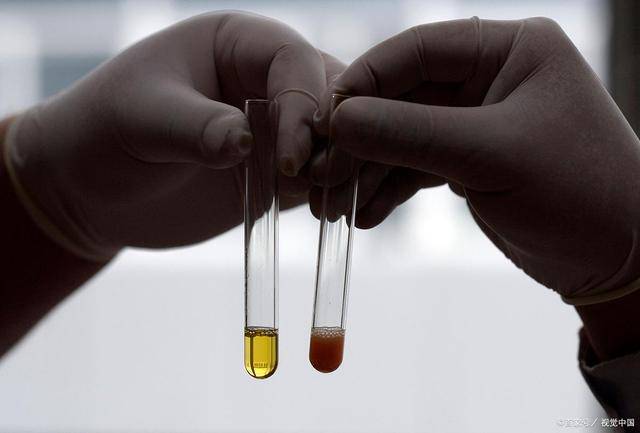With the improvement of living standards, people’s daily diet is becoming more and more abundant, but along with it come some health issues that seriously affect people’s healthy living, such as high blood lipids.
This is a common metabolic disease, also known as “rich disease,” mainly caused by an increase in cholesterol and triglyceride levels in the blood, which is closely related to daily diet. If not controlled, it can lead to complications.
Many people believe that having high blood lipids is simply caused by overeating rich and fatty foods. However, this is only half the story. Overconsumption of rich and fatty foods can indeed lead to elevated levels of cholesterol and triglycerides.
But for patients with high blood lipids, besides rich and fatty foods, there are two other types of foods that, when consumed excessively, can also raise lipid levels, negatively impacting the body. It is hoped that you can quickly steer clear of these and be mindful of your intake.
Rich and fatty foods are not the “root cause” of high blood lipids. Beware: these two items are. Refrain from overeating
High-sugar substances. For some patients with high blood lipids, it is advisable to avoid high-sugar foods, as excess sugar intake can cause blood sugar spikes.
In fact, these high-sugar foods are also one of the root causes of high blood lipids. Excessive sugar intake can convert into lipid substances in the body and enter the bloodstream, leading to elevated lipid levels.
Therefore, for patients with high blood lipids, it’s best to quickly avoid such sweet treats and be mindful not to overindulge. Additionally, foods like pastries, rice with high sugar content should also be consumed in moderation.
High-fat substances. When we talk about meat-based foods, it does not always mean high-fat foods. Lean meat, rich in protein, when consumed moderately, does not lead to a rise in blood lipids.
However, foods like fatty cuts of meat or fried foods, which have relatively higher fat content, when consumed in large quantities, can also cause lipid levels to rise, leading not only to obesity but also to the emergence of high blood lipids, harming the body. Therefore, it is advised to avoid these high-fat foods as well to prevent adverse health effects.
Thus, for patients with high blood lipids, in addition to rich and fatty foods, it’s best to promptly refrain from the two types of foods mentioned above, to avoid an increase in lipid levels and the development of complications that jeopardize health.
Moreover, in daily life, regulating blood lipids also significantly depends on adjusting daily diet and lifestyle. Let’s learn more about this with the editor.
Patients with high blood lipids: Quit 2 habits, Drink 2 waters, Regulate blood lipids, Give blood vessels a “deep cleaning”
【Quit 2 habits】
Sitting too long without movement. Sedentary behavior has become a common ailment among many young people; however, prolonged periods of inactivity not only reduce the body’s metabolic rate, leading to the accumulation of toxins and waste but also result in an increase in blood lipids. For patients with high blood lipids, it’s advised to quit this habit promptly, as doing so might aid in stabilizing blood lipid levels.
Smoking and drinking. Smoking and drinking have a significant impact on blood lipids because harmful substances in them can easily affect lipid concentrations, leading to an increase in blood lipids and triggering various cardiovascular diseases. The harmful substances can damage vascular endothelial cells, causing lipid accumulation on the inner walls of blood vessels, potentially leading to thrombosis. It’s better to quit smoking and drinking in a timely manner.
【Drink 2 waters】
Hawthorn tea. Drinking hawthorn tea regularly can stimulate digestion, have a blood-activating and stasis-eliminating effect, promote blood circulation, accelerate the elimination of toxins and waste from the body, reduce serum cholesterol levels, purify the blood, and prevent the occurrence of blood vessel blockages. For patients with high blood lipids, regularly drinking hawthorn tea can help regulate blood lipids and give a thorough cleansing to the blood vessels.
Corn silk water. Many people often discard corn silk when eating corn, unaware of its high nutritional value. Corn silk can reduce swelling, promote diuresis, facilitate the removal of internal toxins and waste from the blood, lower blood density, and prevent elevated blood lipids. Therefore, for patients with high blood lipids, persistently drinking corn silk-infused water can assist in stabilizing blood lipids and thoroughly cleansing the blood vessels.
This concludes today’s sharing. If you enjoyed it, consider following the editor for more content. Thank you for reading and your support. Wishing you a healthy and carefree life. See you next time.


